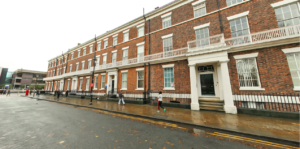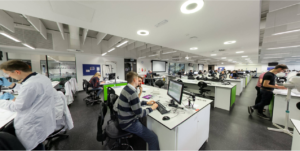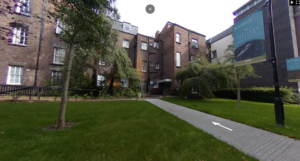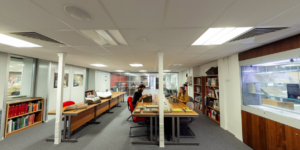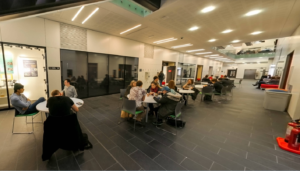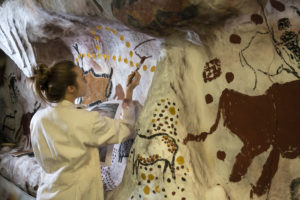How you'll learn
Most modules are delivered on campus in small group seminars and occasionally via lectures. Certain modules include practical work. Independent study is fostered by essay-work and set preparation for seminars that grows progressively demanding as your knowledge increases over the course. A range of bibliography is set to assist with independent study also. Feedback is given on all submitted work to help your reflective engagement and progress in future exercises and assessment activities.
The compulsory research skills module, ALGY 601 is delivered via a number of teaching sessions on subjects such as library and scholarly research and careers talks by members of Archaeology, Classics and Egyptology.
Preparation for the MSc dissertation is undertaken over the length of the programme and completed in the summer period. You will receive one-to-one supervision sessions with a research-active member of staff who will oversee your research on your approved dissertation topic. As part of your dissertation work you may choose to: design experiments, carry out analyses of a body of data or perform GIS studies.
How you're assessed
Assessment is normally by essay and a portfolio of practical work but examinations are included in some modules.
Within the research skills module, ALGY 601, you will develop research skills through the production of work that is assessed and which includes a presentation of your dissertation research topic to a staff and student audience.
You will prepare for the MSc dissertation over the length of the programme, however delivery and completion will be in the final four months of the course. The dissertation counts for 60 credits (one third) of your masters. Your finished dissertation is assessed on the quality of your research, your handling of the scholarship, engagement with an issue, organisation and effective presentation.
Liverpool Hallmarks
We have a distinctive approach to education, the Liverpool Curriculum Framework, which focuses on research-connected teaching, active learning, and authentic assessment to ensure our students graduate as digitally fluent and confident global citizens.
The Liverpool Curriculum framework sets out our distinctive approach to education. Our teaching staff support our students to develop academic knowledge, skills, and understanding alongside our graduate attributes:
- Digital fluency
- Confidence
- Global citizenship
Our curriculum is characterised by the three Liverpool Hallmarks:
- Research-connected teaching
- Active learning
- Authentic assessment
All this is underpinned by our core value of inclusivity and commitment to providing a curriculum that is accessible to all students.
